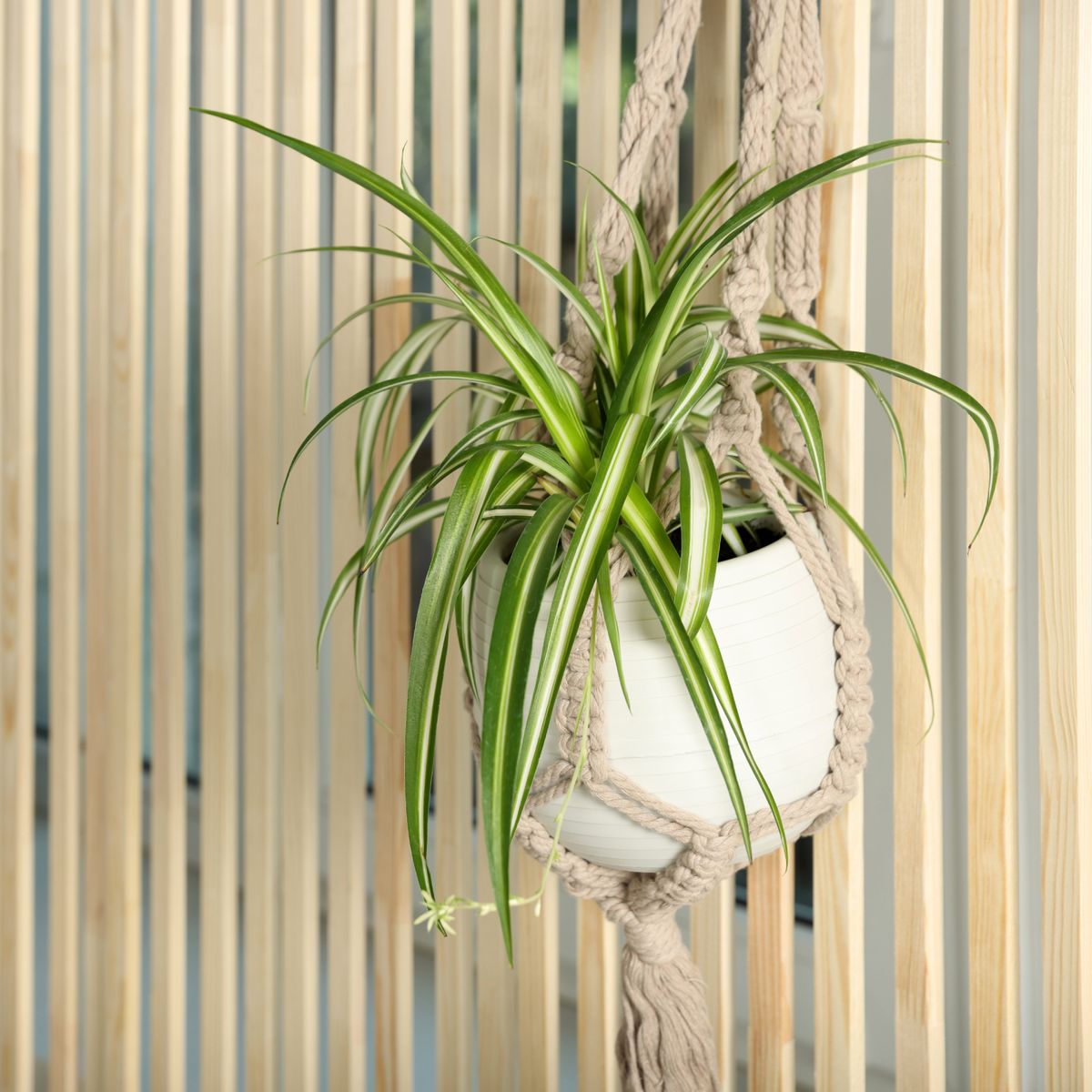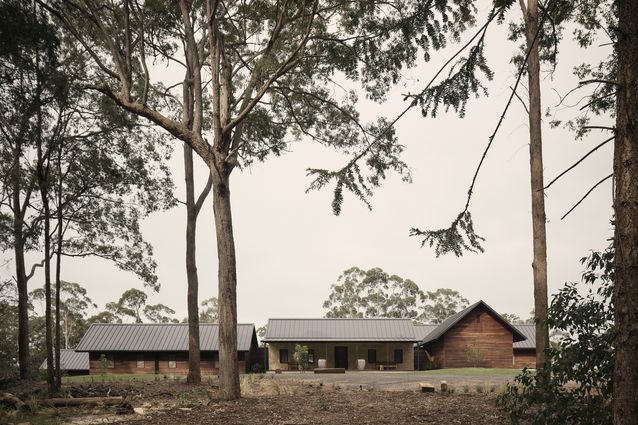[ad_1]
The deserts and mountains of the West seem to get all the attention, but between the deserts and mountains is a vast landscape that most people just drive through on their way to somewhere else. The sagebrush steppe is a dry, grassy plain that takes up much of Nevada, Utah, Idaho, Wyoming, Oregon, and Washington. It is one of the few true steppe regions in the world, and its native flora has a beauty all its own. The climate is characterized by hot summers, cold and dry winters, abundant sun, and erratic precipitation. Anyone who lives in Twin Falls, Idaho, or Moab, Utah, will know exactly what I mean.

Gardening here can be a challenge, but there are plenty of plants—native and otherwise—that find this climate to be exactly what they need to flourish. Many flowering natives provide year-round interest with spring and summer color and unique winter textures. Plenty of traditional garden favorites also thrive as long-lived anchors in this demanding landscape. All will appreciate full sun and well-draining soil. Here are some favorites.

Penstemons
There is a large diversity of native penstemons in the Mountain West. For the sagebrush steppe, it’s hard to beat Palmer’s penstemon (Penstemon palmeri, Zones 4–10), with its soaring spires of grape-scented flowers, and firecracker penstemon (Penstemon eatonii, Zones 4-8), with its early-season fire-engine-red flowers that are an early feast for hummingbirds. Bridges’ penstemon (Penstemon rostriflorus, Zones 4b-8) is another great pick that has a low, shrubby form and flowers all summer. There are dozens more penstemons that are all worth growing.

Foxtail lilies
Eremurus spp. and cvs., Zones 5–9
Foxtail lilies hail from the Himalayas, but they are right at home in semi-arid western gardens. Leaves emerge in spring after winter’s moisture, followed by soaring spires of compact blooms that are adored by bees. When summer heat sets in, the plants retreat, leaves and all, to fleshy octopus-shaped roots, awaiting next spring’s moisture and sunshine. ‘Romance’ foxtail lily (Eremurus ‘Romance’, Zones 5–9) is particularly lovely with its salmon-colored blooms.

Buckwheats
Eriogonum spp. and cvs., Zones 3–9
Wild buckwheats reach their greatest diversity in the Intermountain West, so there are plenty to choose from. Two of my favorites are Wright’s buckwheat (Eriogonum wrightii var. wrightii, Zones 4–9), which has fluffy mounds of white flowers, and Kannah Creek® sulphur buckwheat (Eriogonum umbellatum var. aureum ‘Psdowns’, Zones 3–8), which has long-lasting lemon-yellow flowers.

Rubber rabbitbrush
Ericameria nauseosa, Zones 4–9
Rubber rabbitbrush grows abundantly along roadsides throughout the arid West, with several hard-to-distinguish varieties available. Nearly all will form golden domes in late summer and fall, especially along roadsides, where they guide your way through canyon country and beyond. Late-season pollinators will feast on their nectar until the display fades in mid-autumn.

Apache plume
Fallugia paradoxa, Zones 4–9
It’s easy to understand why Apache plume is in the rose family, with its crisp, white, five-petaled blooms. This shrub can reach 4 feet tall and 6 feet wide and makes a good foundation plant, especially as flowers morph into fuzzy pink seed heads that glow when backlit by evening sun.
This is only a starter list, and you could well add dozens more for a truly durable, water-wise, and colorful sagebrush country garden. For more tough, colorful flowers for the Mountain West, check out:
And for more Mountain West regional reports, click here.
—Dan Johnson lives and gardens in Denver and in Tucson, Arizona. He is an associate director of horticulture for the Denver Botanic Gardens.
Photos, unless otherwise noted: Dan Johnson
[ad_2]
Source link








 + Planting String of Watermelon Succulents
+ Planting String of Watermelon Succulents  with Garden Answer
with Garden Answer


